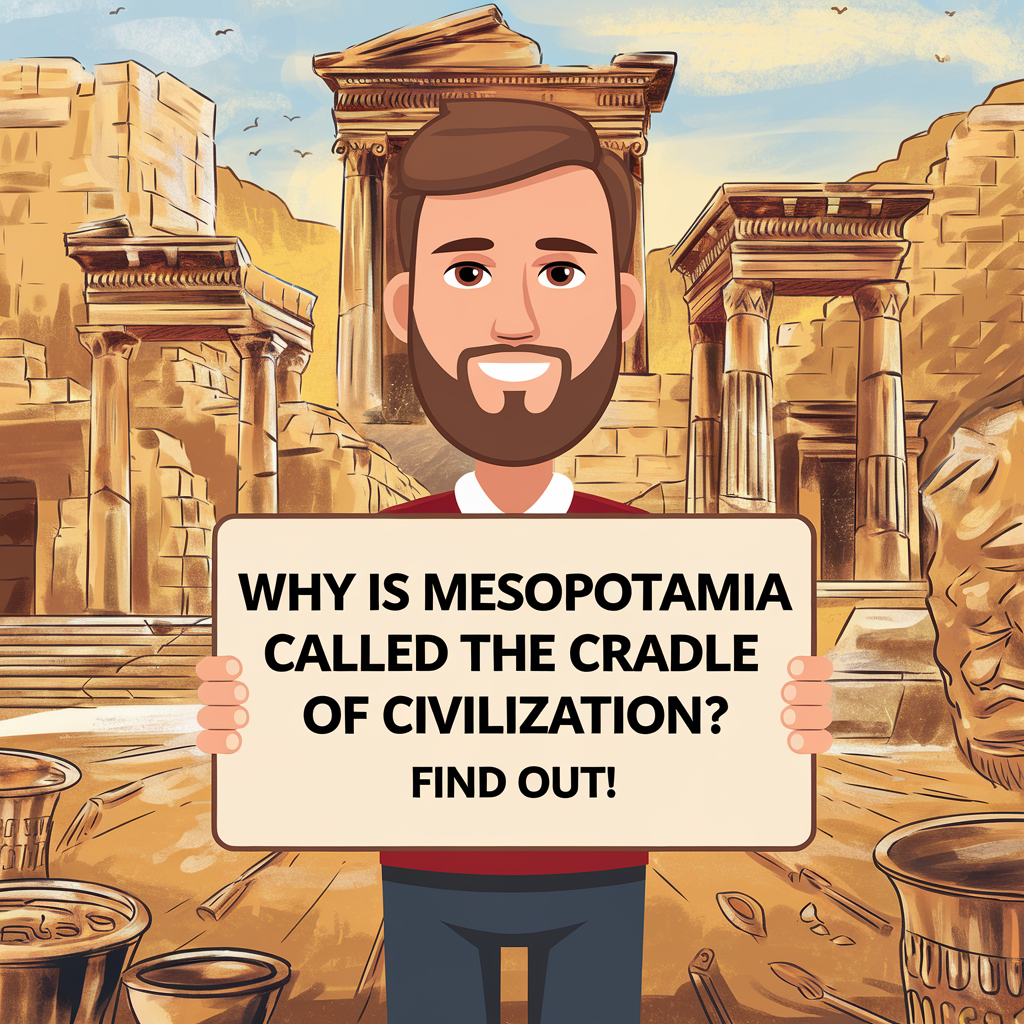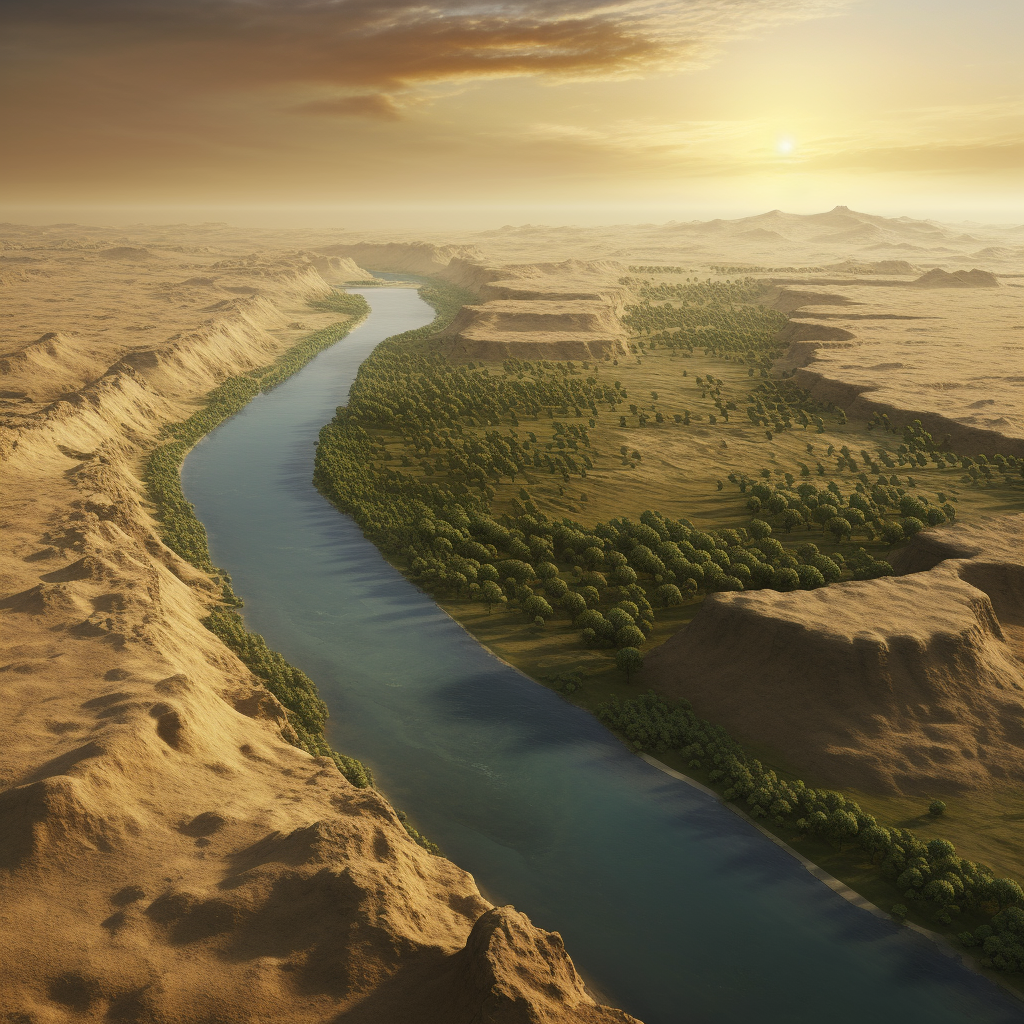
c. 5400 BCE: The Birth of Eridu, the First Sumerian Settlement in Mesopotamia
In the cradle of civilization, Mesopotamia, the legendary Sumerians establish their inaugural settlement known as Eridu. This significant event marks the beginning of urban development in the region, laying the foundation for future city-states.

c. 4500 BCE: Uruk, the Pioneering City in Mesopotamia
The Sumerian settlement of Uruk takes center stage as the first city in Mesopotamia. This milestone signifies the consolidation of a complex society, characterized by urban planning, monumental architecture, and intricate social structures.
c. 2900 BCE: Uruk Reigns as the Largest City in the World
By this time, Uruk has risen to unparalleled prominence, becoming the largest city in the world. Its vast population, sophisticated infrastructure, and cultural achievements solidify its status as a thriving urban center and a testament to the ingenuity of the Sumerian civilization.
c. 2075 BCE: Lagash Claims the Title of the World’s Largest City
The city of Lagash, a flourishing Sumerian metropolis, takes the mantle as the largest city on the global stage. Its growth, propelled by trade, agriculture, and political influence, establishes it as a prominent hub in Mesopotamia, showcasing the enduring power of urbanization in the region.
c. 2030 BCE: Ur Ascends to the Position of the World’s Largest City
Ur, an iconic Sumerian city, emerges as the preeminent urban center, surpassing all others in size and significance. Known for its monumental structures, advanced governance systems, and cultural achievements, Ur stands as a testament to the grandeur and sophistication of ancient Mesopotamian civilization.
The emergence and growth of cities in Mesopotamia mark a pivotal period in human history. From the humble beginnings of Eridu to the grandeur of Ur, these ancient urban centers laid the groundwork for future civilizations. The Sumerians’ mastery of agriculture, trade, governance, and cultural expression enabled the flourishing of these cities, leaving an enduring legacy that continues to shape our understanding of early human civilization.
As an Amazon Associate we earn from qualifying purchases through some links in our articles.




